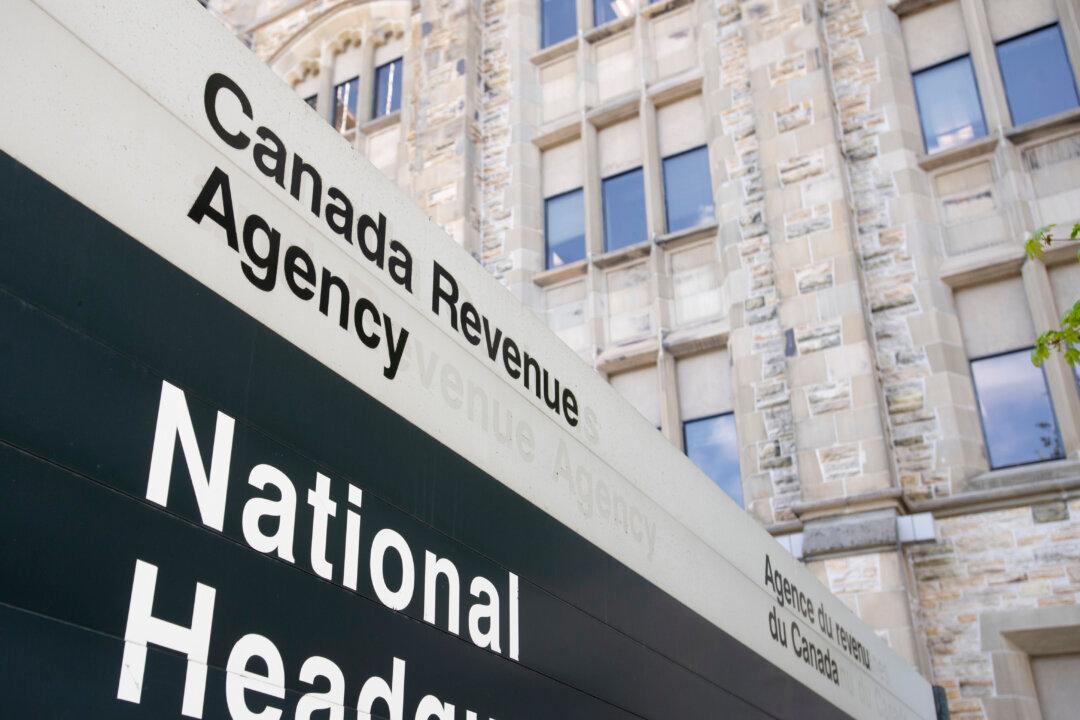The Canada Revenue Agency has launched a new strategy to combat non-compliance with its taxation regime as Canadians are currently going through the filing process.
The agency says its strategy is centred around three pillars to target the underground economy, with the first one being identifying the activities through data research, analysis, and third party collection processes.





